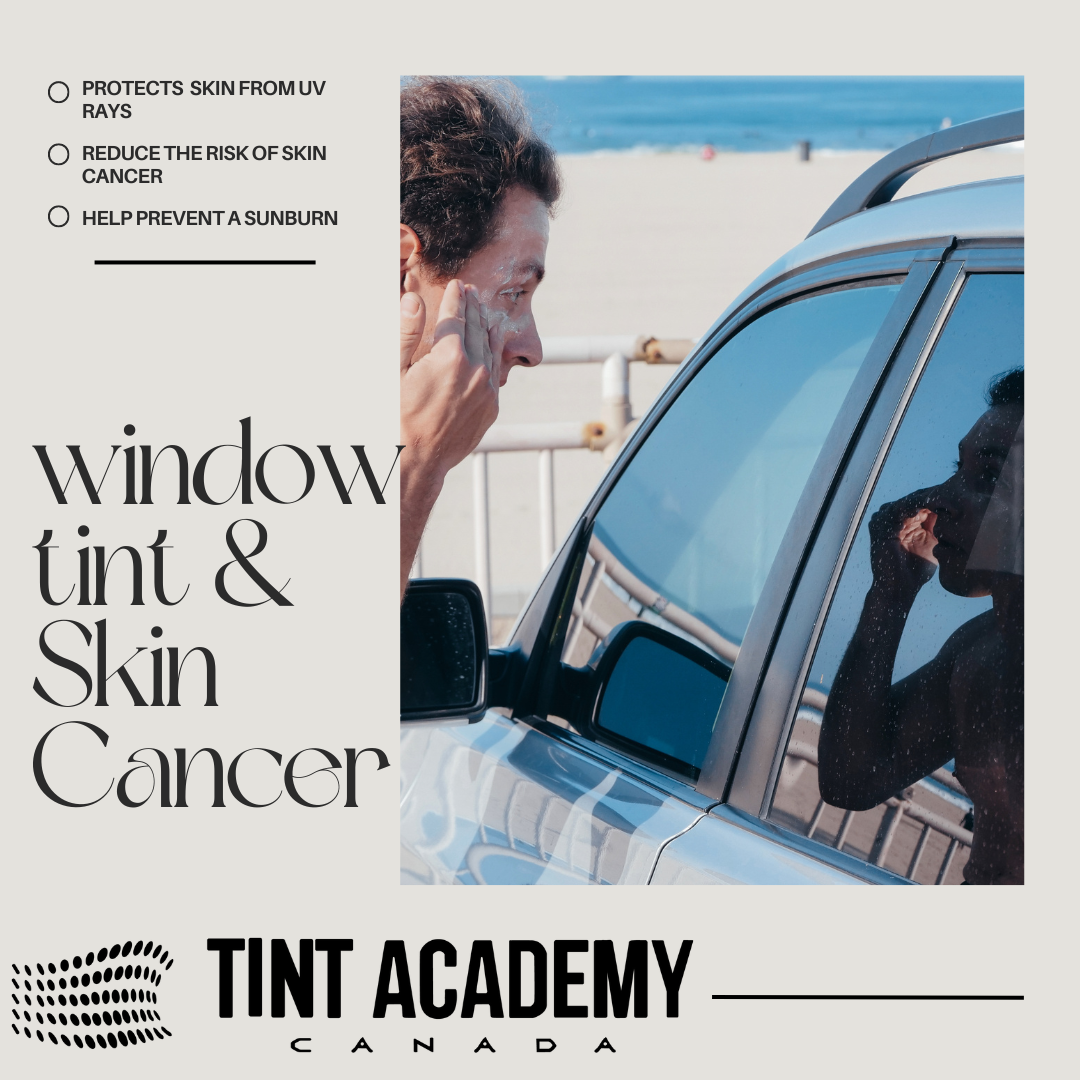The Impact of Window Tint on Skin Cancer Risk: Unveiling the Facts
In the realm of automotive customization, window tinting has long been popular for its aesthetic appeal and practical benefits. Beyond enhancing privacy and reducing glare, many car owners opt for window tint to shield themselves from the sun's intense rays. However, recent discussions have surfaced regarding the potential correlation between window tint and skin cancer risk. This debate prompts us to delve deeper into the topic to discern fact from fiction.

**Understanding Window Tint**
Window tinting involves applying a thin film to the interior of car windows, designed to reduce the amount of visible light, infrared radiation, and ultraviolet (UV) radiation that enters the vehicle. UV rays, in particular, are a concern due to their proven link to skin cancer, including melanoma, the most serious type.
**UV Radiation and Skin Cancer**
UV radiation is classified into three types: UVA, UVB, and UVC. While UVC is largely absorbed by the Earth's atmosphere and poses minimal risk, both UVA and UVB can penetrate the atmosphere and affect human skin. UVB rays primarily cause sunburn and are strongly linked to the development of most skin cancers. UVA rays penetrate deeper into the skin and contribute to premature aging and skin cancer formation.
**Window Tint and UV Protection**
High-quality window tint films are capable of blocking significant amounts of UV radiation. This UV protection is typically denoted by a percentage value known as the "UV Protection Factor" (UPF). For instance, a window film with 99% UV protection blocks 99% of UV rays from entering the vehicle.
**The Role of Window Tint in Skin Cancer Prevention**
Proponents argue that window tint can effectively reduce an individual's overall UV exposure while driving or riding in a vehicle, thereby lowering their risk of developing skin cancer. This benefit is particularly relevant for those who spend extended periods on the road, such as commuters or frequent travelers.
**Scientific Research and Recommendations**
Scientific studies exploring the relationship between window tint and skin cancer risk are limited but generally supportive of the protective role of quality window films in reducing UV exposure. Organizations such as the Skin Cancer Foundation advocate for the use of window tint as part of a comprehensive sun protection strategy, alongside sunscreen application, protective clothing, and regular skin cancer screenings.
**Conclusion**
While window tinting offers undeniable benefits in terms of UV protection and comfort, its impact on skin cancer risk remains a nuanced topic. As with any health-related decision, informed choices should be made based on reliable information and consideration of individual needs. For those considering window tinting primarily for UV protection, consulting with reputable automotive professionals and adhering to local regulations is advisable. Ultimately, a balanced approach that prioritizes both safety and health can help mitigate potential risks associated with excessive UV exposure while driving.
Want to learn more about our courses? Visit www.tint.academy or call 289-201-2070



Share and get 15% off!
Simply share this product on one of the following social networks and you will unlock 15% off!